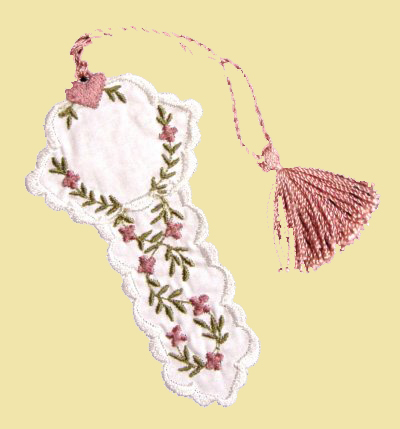The History Portugal
After the death of João VI in 1826, the Emperor of Brazil and Portuguese Crown Prince, Pedro IV, calmed the political waters by drafting in Rio de Janeiro a Constitutional Charter. More conservative in tone than the Constitution of 1822, this text introduced the ‘moderating’ power of the monarch, a royal veto, a chamber for hereditary peers and indirect elections. The succession of Portugal preceded smoothly from Pedro IV -1836 to Maria II -1853, King Pedro V -1861, then Luiz I. The leanings of the dominant parties in government did swing between liberal to conservative, but all members supporting the Constitution of 1822 and Charter of 1826.
With all domestic political issues settled in 1822 and 1826. The Emperor of Brazil spent time in the joint capitals Lisbon and Rio de Janeiro. The peaceful rule under the liberal constitution of 1822 promoted an active middle class willing to engage their energies in the pursuit of economic growth. The joint rule of Portugal proper and the Imperial rule of Brazil and it's other colonies required a constant reinvestment in the Portugal's navel power. This outward looking vision combined with domestic stability allowed the rulers to pursuit their colonial ambitions.
The tragic loss of Britain, Portugal's traditional ally, at the battle of Navarino sparked Portugal to pursuit an independent navel strategy. This in time lead to a gradual chilling of relations between the two great empires. The two navel powers came into conflict, especially with regard to territories in India. Portugal's centuries of experience in maintaining a far flung empire proved even more valuable in the 19th century then it had in the past. While closed out of much of the territory of the world, Portugal was nevertheless, well disposed both by situation and altitude to grow into a true world power.
